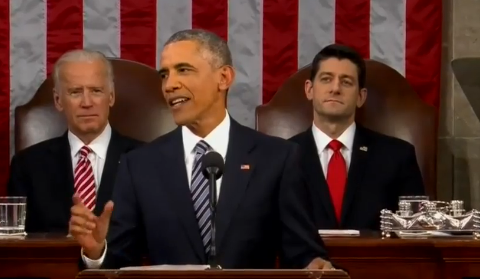
Dr. Tolba was a brilliant Egyptian scientist and forceful diplomat who led the United Nations Environment Program for 17 years starting in 1975. “He knew when to push and when to pull and when to lock negotiators in a room until they found a solution to the planet’s early environmental problems,” said Durwood Zaelke
- Press Releases


